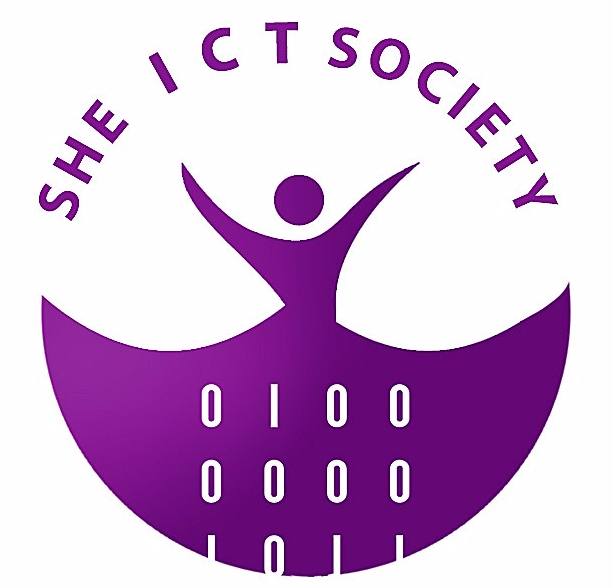The Nigerian Situation
Across Nigeria – and perhaps the whole world – there are occupations, businesses and even courses that are perceived to be ascribed to one gender or the other. For example, nurses are conventionally expected to be female, as engineers are expected to be male; boys should have an innate understanding of Math and Physics while girls are the English Language and Biology people. Even though this is not the exact reality, it does influence the younger generation and the career paths they eventually choose. Unlike their male counterparts, many girls in secondary school still need a lot of assistance surfing the internet for information on applying for external exams or simply checking their results. At home they’re generally not expected to help daddy fix a problem with his phone or know the connection required to make the cable TV work properly.
From information on health to entrepreneurship, schooling, networking, politics and innovation; how technology empowers us every day cannot be overstated. Considering these obvious benefits, the current tech industry boom and the potential in Nigeria, it is important that we mind this technology/ technical courses gender gap as it is key to an all-inclusive development of solutions and empowering positive social change.
MISSION
What we will be doing
To simplify ICT for girls, making technology more relatable and fun while building their confidence and instigating social change.
VISION
Why we are doing it
To achieve a world where every girl can choose to be, beyond stereotypes and social inequalities, through ICT.
OBJECTIVES
She ICT Society (SIS) aims to run free computer education programs for underprivileged girls – age 8-16 years – in Nigeria with an underlying mentorship component. Our goals are:
- To improve the ICT knowledge of girls.
- To increase self-efficacy of girls in making life choices.
- To bring girls to a place of awareness and confidence where they know they can do and be anything they want to be.
- To create gender equality consciousness.
- To improve adolescent reproductive health practices.
